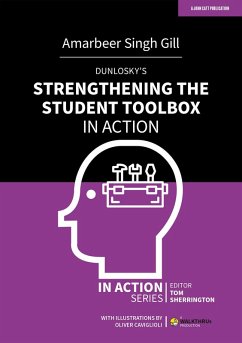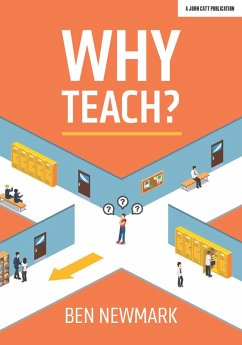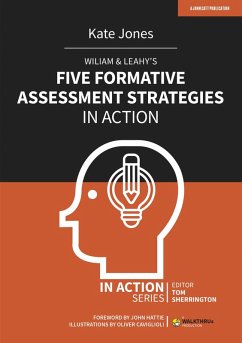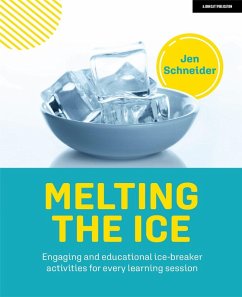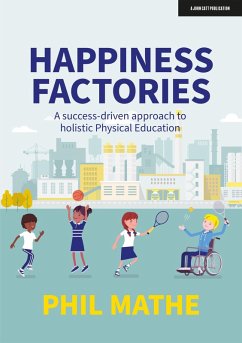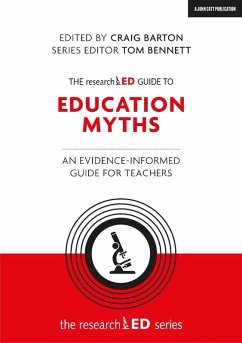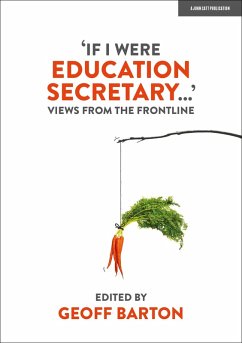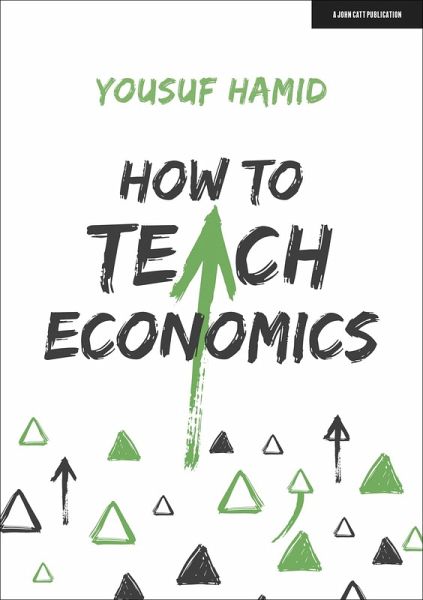
How to Teach Economics (eBook, ePUB)
Versandkostenfrei!
Sofort per Download lieferbar
18,95 €
inkl. MwSt.
Weitere Ausgaben:

PAYBACK Punkte
9 °P sammeln!
Economics teachers often work by themselves or in small departments. This can mean they are forced to plan a lot of lessons from scratch with limited scope for shared planning or collaboration.Even as teaching becomes more research-informed, there is still the problem of having to work out how this best applies when teaching Economics, especially when there has been limited training in this.This can mean teachers are forced to adopt a trial-and-error approach, attempting to implement generic teaching and learning tips into economics lessons.Teachers plan each explanation individually, only lea...
Economics teachers often work by themselves or in small departments. This can mean they are forced to plan a lot of lessons from scratch with limited scope for shared planning or collaboration.
Even as teaching becomes more research-informed, there is still the problem of having to work out how this best applies when teaching Economics, especially when there has been limited training in this.
This can mean teachers are forced to adopt a trial-and-error approach, attempting to implement generic teaching and learning tips into economics lessons.
Teachers plan each explanation individually, only learning what common misconceptions are through the painstaking experience of seeing puzzled expressions on multiple pupils' faces over the years. This book aims to change that.
By looking at what the latest cognitive science research tells us about how pupils learn and crucially how that can be implemented in economics lessons, this book provides a short-cut to that trial-and-error approach.
While the book summarises what the research tells us about pupil learning, this is fundamentally a 'doing' book.
It is packed with practical examples of how research can be implemented in Economics lessons looking at explanations, misconceptions, assessment, curriculum and much more.
Even as teaching becomes more research-informed, there is still the problem of having to work out how this best applies when teaching Economics, especially when there has been limited training in this.
This can mean teachers are forced to adopt a trial-and-error approach, attempting to implement generic teaching and learning tips into economics lessons.
Teachers plan each explanation individually, only learning what common misconceptions are through the painstaking experience of seeing puzzled expressions on multiple pupils' faces over the years. This book aims to change that.
By looking at what the latest cognitive science research tells us about how pupils learn and crucially how that can be implemented in economics lessons, this book provides a short-cut to that trial-and-error approach.
While the book summarises what the research tells us about pupil learning, this is fundamentally a 'doing' book.
It is packed with practical examples of how research can be implemented in Economics lessons looking at explanations, misconceptions, assessment, curriculum and much more.
Dieser Download kann aus rechtlichen Gründen nur mit Rechnungsadresse in A, B, BG, CY, CZ, D, DK, EW, E, FIN, F, GR, HR, H, IRL, I, LT, L, LR, M, NL, PL, P, R, S, SLO, SK ausgeliefert werden.





